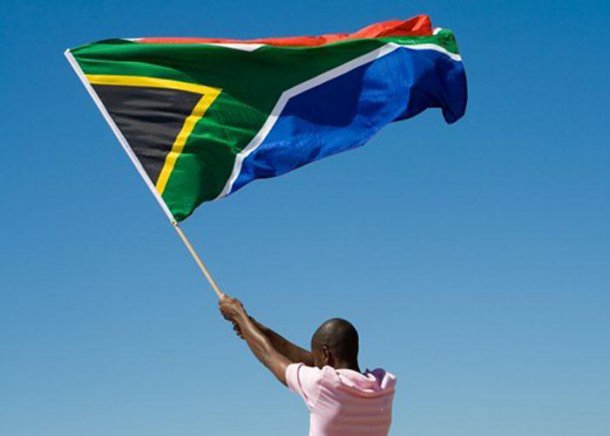A arte na África do Sul: 20 anos de democracia
Published28 Sep 2014

Athi Mongezeleli Joja é critico de arte, escritor, investigador e membro do colectivo artístico Gugulective e The Feminist Wire. Neste texto, debruça-se sobre a cultura na sociedade pós-apartheid, no ano em que se celebram 20 anos de democracia.
Writing at the height of negotiations, which is also to say the restless end days of apartheid, Albie Sachs’s thesis in his rather provocative essay Preparing Ourselves For Freedom(1990), first delivered in Stockholm, then in Lusaka, is arguably the text that “prepared” today’s cultural production[1]. By way of critiquing ideological art, Sachs groped for the agency of culture away from what he calls the “somnambulist sureness” of the political. His thesis argued within the already existing problematic line that “struggle art” repressed the more nuanced and ordinary qualities of our lives. It is this position, with all its generated rejoinders, that has finally swirled its way into state level. This viewpoint wasn’t just catapulted into cultural policy where it remains to structure and dominate state institutions’ conceptual framework. Its main assumptions also pervade social life and artistic productions writ large – from the street corner, to trains, to pop music, to theatre, to visual arts, etc. Cultural reflection had to adhere to the generative itinerary of the triumphalist “cop-free world” that was already saturating global politics. This is the so-called end of ideology moment. Everything had to be cut loose from the jaundicing venom of politics. This Sachs characterized as going beyond “the multiple ghettoes of apartheid imagination.” By way of unproblematically assuming a “we,” Sachs argued that culture presented a better chance not only at freeing artistic imagination, but at manifesting “our” real personality – individually and nationally. “Culture,” he stated, “is us, who we really are.
O texto completo: "Culture in Another South Africa: 20 years of Democracy", na Contemporary and
